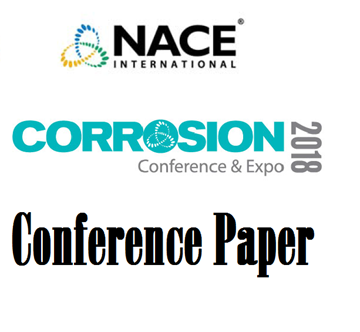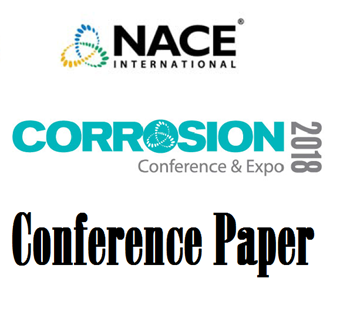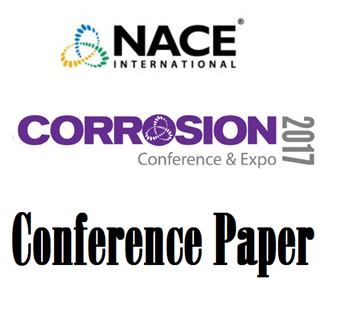Search
Benefits of continuous corrosion monitoring for offshore wind structures
Also Purchased
51318-11120-ICCP System for Internal Protection of Monopiles for Offshore Wind Farms
Product Number:
51318-11120-SG
Publication Date:
2018
$20.00
51318-10886-Testing of Coatings for Offshore Service
Product Number:
51318-10886-SG
Publication Date:
2018
$20.00
Lessons Learned from Offshore Coating Programs
Product Number:
51317--9226-SG
ISBN:
9226 2017 CP
Publication Date:
2017
$20.00




